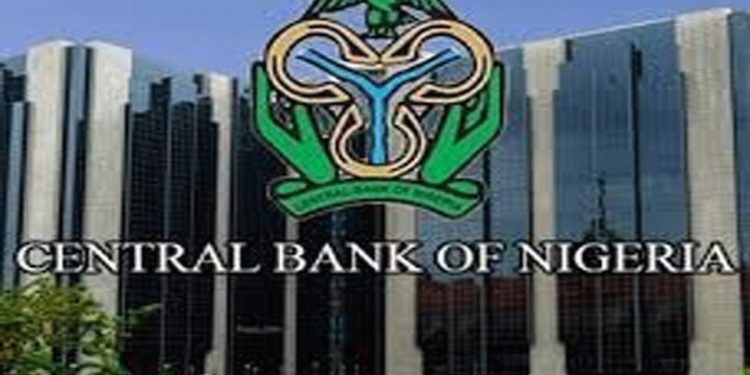According to the Central Bank of Nigeria (CBN), international payments facilitated by the apex bank grew by 17.2% year-on-year to USD497.91 million in February 2025, compared to USD424.96 million in the same month of 2024.
The increase was primarily driven by higher direct remittance payments, which surged by 220.8% year-on-year to USD125.58 million. This was due to an increase in diaspora remittances, reflecting strong support from Nigerians abroad. In contrast, debt service payments declined by 2.3% year-on-year to USD276.73 million, while payments for letters of credit dropped by 6.8% year-on-year to USD95.59 million, indicating weaker import demand.
On a month-on-month basis, however, international payments facilitated by the CBN declined by 24.5%, from USD630.64 million in January 2025. Looking ahead, the CBN expects international payments to remain elevated, mainly due to federal government debt servicing obligations. Additionally, improved foreign exchange liquidity is expected to bolster consumer demand, leading to a gradual increase in imports and further growth in payments for direct remittances and letters of credit.
Meanwhile, total inflows into the Nigerian Foreign Exchange Market (NFEM) dipped by 5.5% month-on-month to USD3.90 billion in March 2025, down from USD4.13 billion in February. This decline was largely due to a 61.9% drop in foreign inflows, which fell to USD787.20 million, the lowest in six months.
This decrease in foreign capital flows was driven by eroded market confidence amid global trade uncertainties. In contrast, inflows from local sources rose by 51.0% month-on-month, reaching USD3.11 billion. The increase was led by higher inflows from the CBN, non-bank corporates, and exporters/importers.
In the short term, the CBN expects FX inflows to remain robust, driven by improved market confidence. However, challenges such as moderating yields and global trade uncertainties are likely to dampen foreign portfolio investment (FPI) inflows, which could impact overall FX liquidity in Nigeria.















